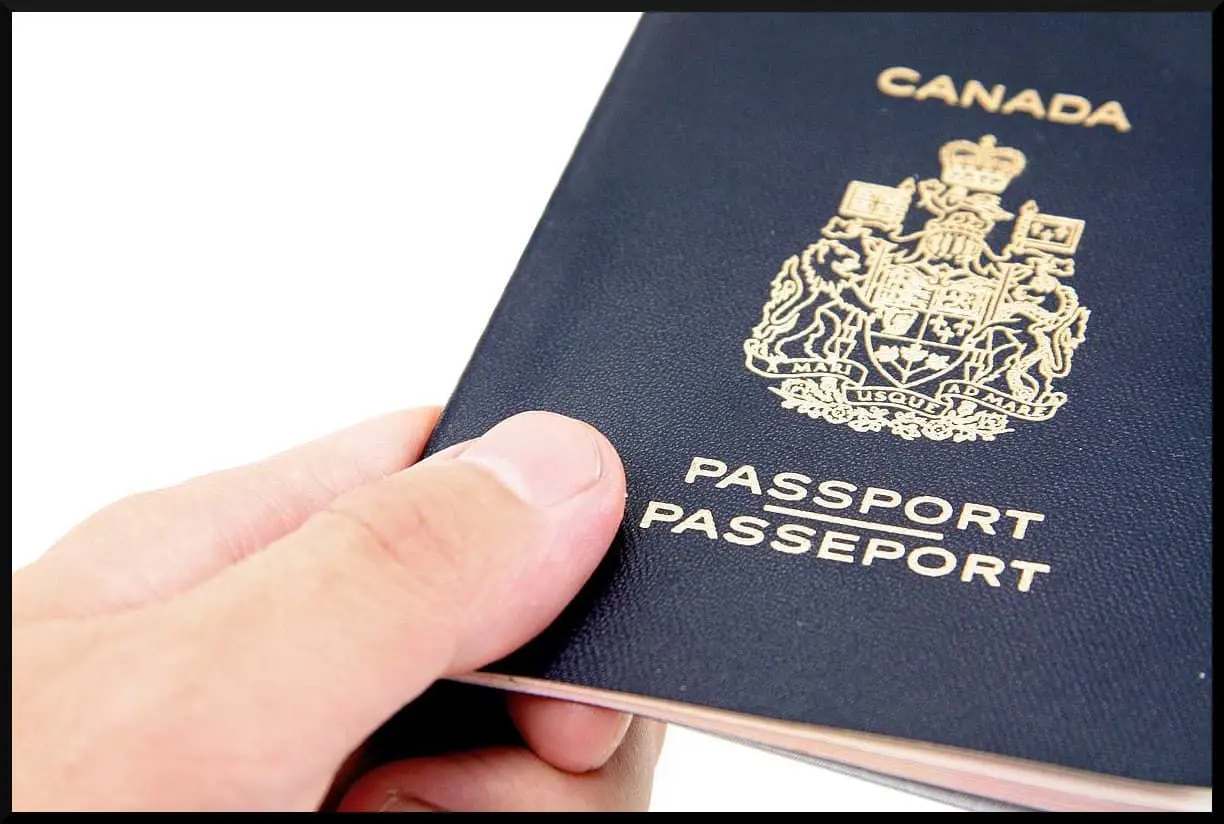By , Leave a Comment

Table of Contents
Reasons Why You Might Have a Bench Warrant
You received a desk appearance ticket for shoplifting in Manhattan. You flew home to London before your court appearance. Now a bench warrant awaits you in New York City Criminal Court.
You received a summons for hanging out in Central Park after hours. You started a new job in Sao Paolo before the return date. A bench warrant’s waiting for you in New York.
You were arrested for smoking marijuana outside a club in the Village. The judge released you without bail, but you were still terrified that you’d be sentenced to jail, so you didn’t return to court when you were supposed to. Now you’re back in Lagos, with a bench warrant waiting in New York.
Bench Warrants Are a Big Problem When Trying to Re-Enter the U.S.
Bench warrants are patient. They sit in databases forever, until they’re vacated. Often long after the underlying charges have become impossible to prove.
Someday you might want to return to the U.S. to visit family or go on vacation.
Or you might need to return to the U.S. to resume your life, because you live here.
Problem is that when you cross the border, the warrant will pop up. You will be arrested at the airport and brought before the court that issued the warrant.
Often, the U.S. will deny you a visa if you have an open warrant here.
If you have a New York bench warrant and re-enter the U.S. in a state other than New York, you might be held in that state for days or weeks, waiting to be extradited to New York.
What to do?
Try to Resolve You’re Bench Warrant in Absentia
If you’re outside the U.S. and have a bench warrant in New York, particularly if you’re accused of a low-level offense, such as a misdemeanor or a violation, it’s very often possible to resolve your case in absentia — in your absence.
A criminal defense lawyer can try to negotiate a settlement of your case with the District Attorney.
The settlement might involve dismissal of the charges.
Perhaps the settlement will require you to plead guilty plea to an offense, with no jail.
In either scenario, you might be required to do community service, participate in counseling, pay restitution, and/or pay a fine.
To effectuate the plea bargain, your lawyer will appear in court without you, and the judge will vacate your warrant and enter the agreed-upon resolution of your case. All without you being there.
Before the court appearance, your lawyer will draft affidavits for you to sign and have notarized, authorizing the lawyer to appear in court on your behalf, and to take specific action on your behalf (such as enter a guilty plea), all without you being there.
If the case is resolved in your absence, the Court will vacate the bench warrant that was complicating your re-entry to the United States.
However, BE CAREFUL that you don’t plead guilty to a crime that will prevent you from crossing the US border.
Free Consultation
Bruce Yerman is a bench warrant lawyer in New York City. His office is located in Suite 1803 of 299 Broadway in Manhattan.
If you’d like a free consultation to discuss a bench warrant or any other issue related to criminal defense or family law, call Bruce at:
Or email Bruce a brief description of your situation:

Leave a Reply